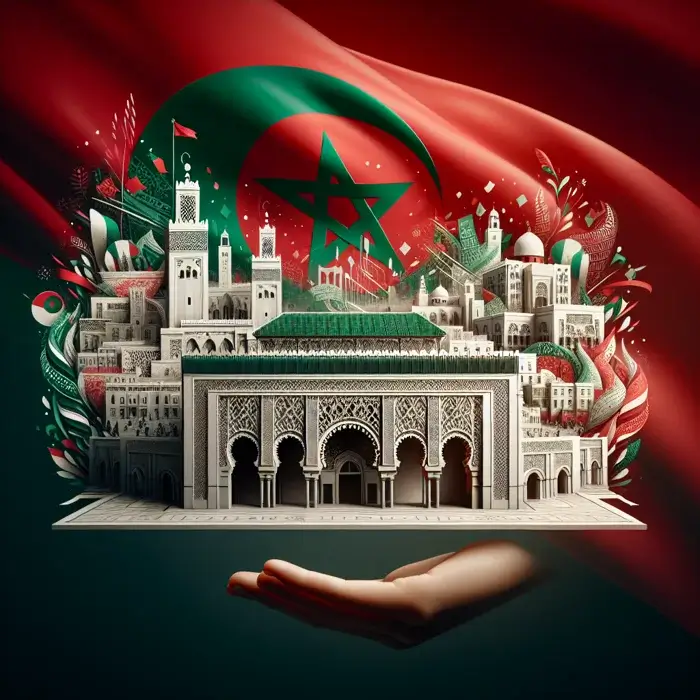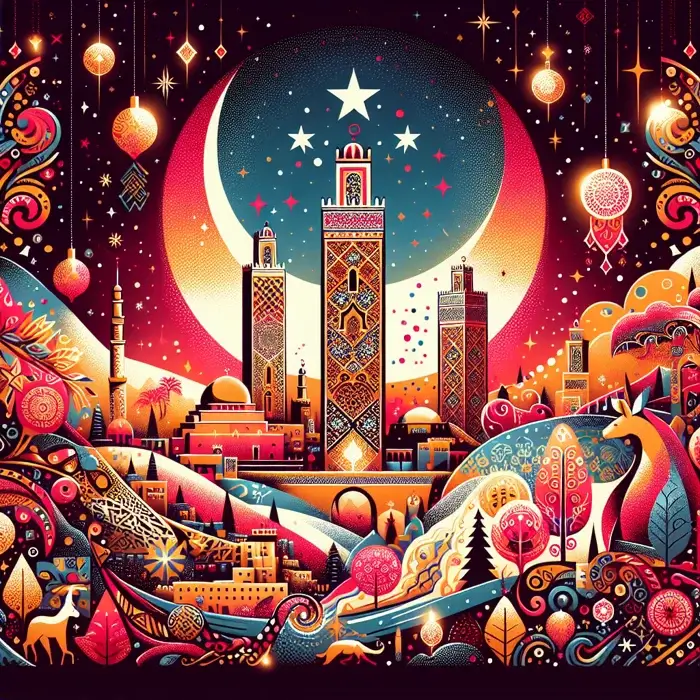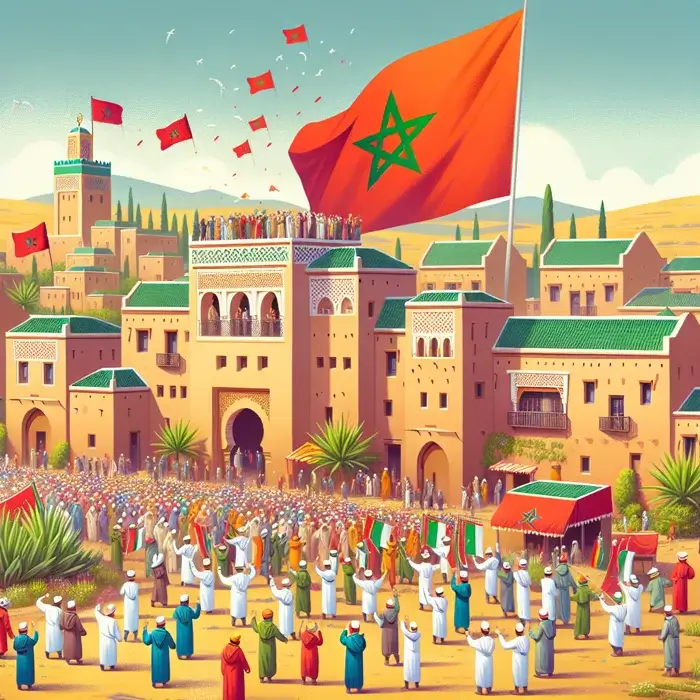Anniversary of the Independence Manifesto in Morocco
Use our holiday API to get the exact date of Anniversary of the Independence Manifesto in Morocco in every year.
Introduction

It is a holiday in Morocco, marked every January 11, and indeed it is a commemoration of the anniversary of the Independence Manifesto. This document signified the turning point in 1944 when the voluntary nationalist movement of Morocco officially called for its independence from French colonialism, framing the eventual sovereignty of Morocco. This blog post explores what this day means, how it is commemorated, and delves into its rich history.
Meaning and Importance
The Anniversary of the Independence Manifesto is considered one of the most significant milestones in the history of Morocco. It is the day that commemorates the acts of evil in which Moroccan nationalists bravely brought the Manifesto of Independence before the French authorities. It was, in fact, a formal demand of Morocco for independence and an expression of desire on the part of the Moroccan people for self-determination. Over time, this day has come to signify national pride, resilience, and the seeking of freedom.
What Happens on this Day

National Holiday
Every year on the 11th of January, all Moroccans celebrate this moment with different events to commemorate the signing of the manifesto. They observe this day with almost whole patriotism and reflection. Citizens usually gather in public squares and historical sites to celebrate by singing and giving speeches before waving the national flag among many others. It is there where unity is emphasized and national identity involves Moroccans who remember all the struggles and victories their forebears underwent.
Educational Events
These institutions of learning play a major role in organizing events to highlight the historical context and significance of Independence Manifesto. Most schools and universities have seminars, exhibitions, or discussions to sensitize students on the colonial background of the country and the indomitable spirit of resistance that eventually led to independence.
Cultural Activities
Cultural celebrations-performances in traditional music and dance hold the city in thrall, providing entertainment as well as a constant reminder of the riches that are Morocco's cultural heritage. Historical reenactments and parades are also common: they tend to serve as great visuals of what a past struggle and ultimate success look like for Moroccan nationalists.
Functions and Openings
The Anniversary of the Independence Manifesto becomes a holiday in Morocco; thus, many people spend it outside their offices. Most government offices, banks, and schools are therefore closed on the day since it is a public holiday. Museums and cultural institutions may otherwise be open to the general public because they would show special exhibitions concerning the country's budging towards independence. These museums and cultural institutions offer potential and rich observations of Moroccan history and culture among locals and foreigners.
Historical Background

The independence manifesto was birthed from the time period when Morocco was colonized by France up until the beginning of the 20th century. Harsh colonial policies contributed to the formation of nationalist movements geared at freeing Morocco from foreign domination. On the 11th of January 1944, a group of nationalist leaders presented the Independence Manifesto to the French rulers and the international community. The document demanded full independence, democratic reforms, and the return of exiled Sultan Mohammed V.
Despite initial tensions and outright refusal from the French colonial government, an eventual break arose through the thrust of the people's movement. A series of diplomatic overtures and negotiations followed, leading to Morocco attaining independence in 1956. Today, the Anniversary of the Independence Manifesto stands not only for the commemoration of one writing but for a celebration in honor of all those efforts that took Morocco to freedom and sovereignty.
Conclusion
It is a reflection not only of a public holiday but an anniversary of the collective aspirations of the people in a nation, in a memory of their struggles toward freedom. It takes up a patina of national pride and cultural activity. Anniversaries and other celebrations about the long-term history that nations have can be said to be about sovereignty and self-determination. It is reflected this way whether you be an indigenous or a visitor, to experience this day in Morocco offers a different lens into the nation's past and vibrant cultural heritage.